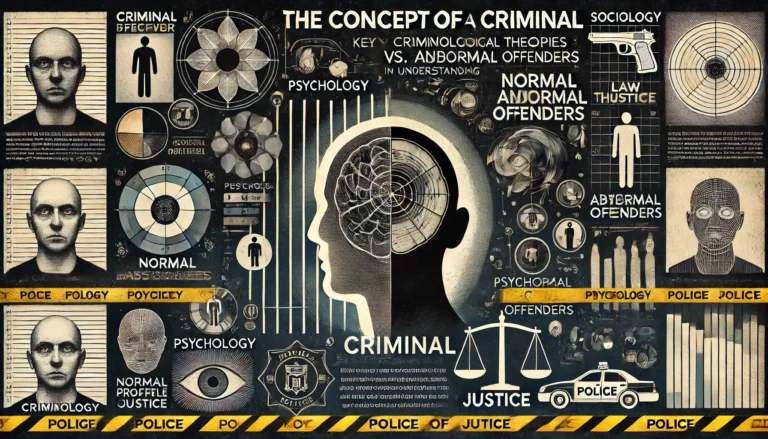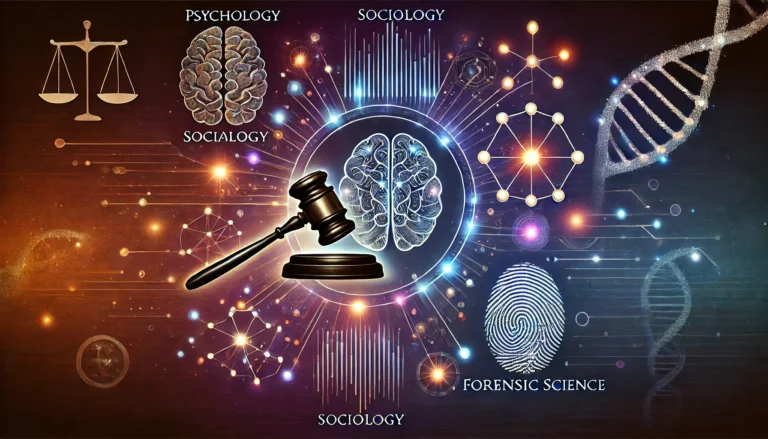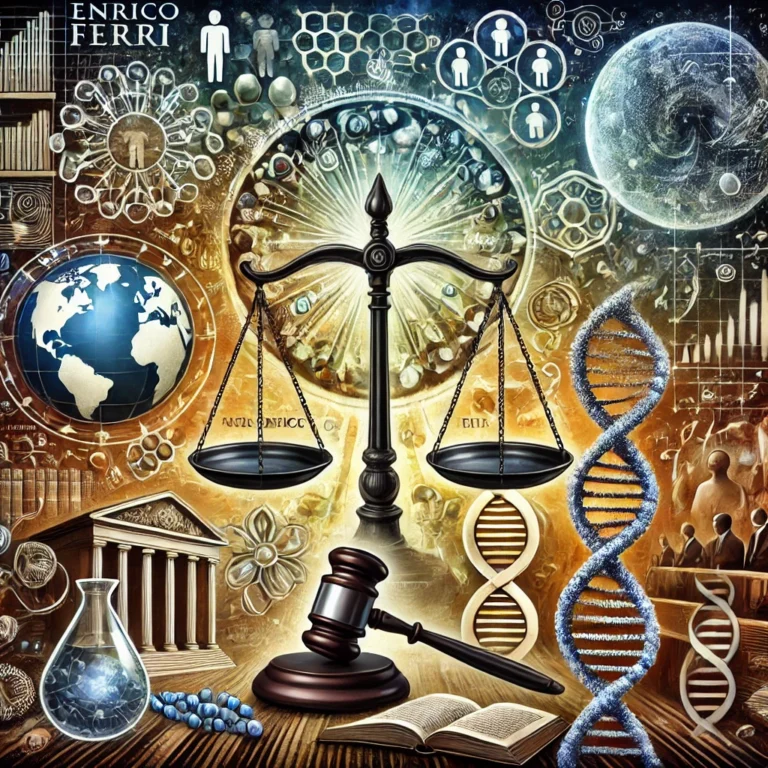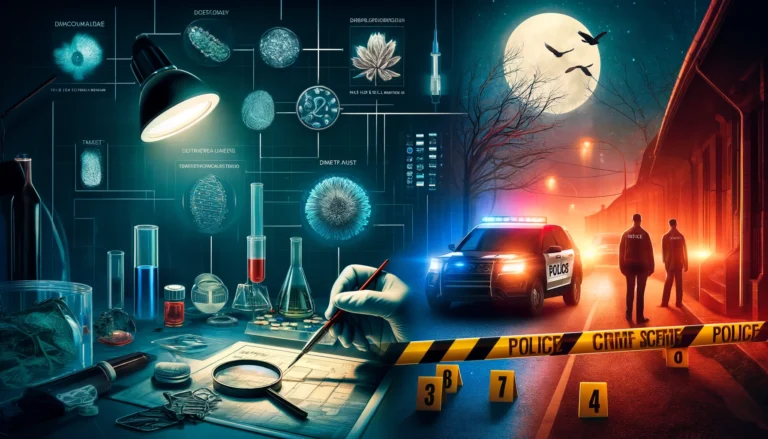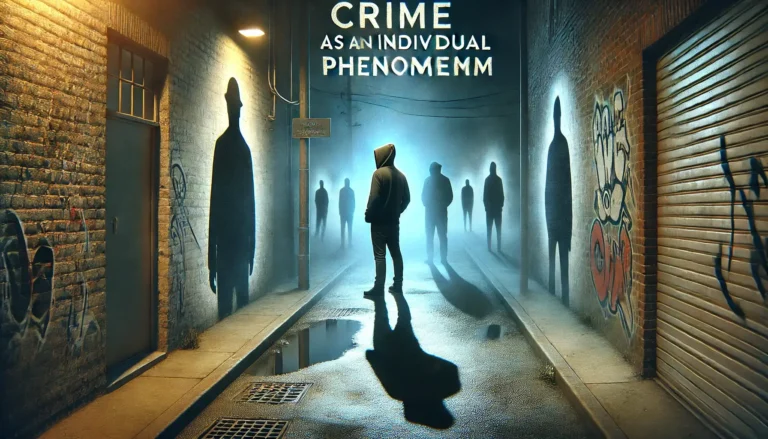Basics of Criminology: An Introduction for Students and Researchers
Criminology is a multidisciplinary field dedicated to the study of crime, criminal behavior, and society’s response to crime. For students and researchers, understanding the foundations of criminology is essential to exploring its theories, methodologies, and applications. This article provides a detailed introduction to criminology, its historical evolution, core concepts, and its relevance in modern research and practice.
What Is Criminology?
Criminology is the scientific study of crime, including its causes, consequences, and preventive measures. It draws insights from sociology, psychology, law, and anthropology to provide a holistic view of criminal behavior.
Key Definitions
- Crime: Any act that violates the legal norms of society.
- Criminal Behavior: Actions that contravene societal laws and expectations.
The Evolution of Criminology
Criminology has developed significantly over centuries, transitioning from philosophical debates to a structured scientific discipline.
1. Classical School of Criminology
- Founded in the 18th century by Cesare Beccaria and Jeremy Bentham.
- Emphasizes free will, rationality, and the role of punishment as a deterrent.
2. Positivist Criminology
- Championed by Cesare Lombroso in the 19th century.
- Focuses on biological and psychological traits of offenders.
3. Modern Criminology
- Integrates social, psychological, and environmental factors.
- Adopts data-driven approaches to understand crime trends.
Core Areas of Study in Criminology
1. Theories of Crime
- Strain Theory: Examines how societal pressures contribute to criminal behavior.
- Labeling Theory: Focuses on the social consequences of labeling individuals as criminals.
- Routine Activity Theory: Highlights the importance of opportunity in the commission of crimes.
2. Crime Typologies
- Violent crimes, property crimes, white-collar crimes, and cybercrimes.
- Each type requires unique strategies for prevention and intervention.
3. Criminal Justice System
- Explores the role of law enforcement, courts, and corrections.
- Evaluates the effectiveness of rehabilitation and punishment.

Why Study Criminology?
Criminology is crucial for understanding societal issues related to crime and justice.
1. For Students
- Develops critical thinking and analytical skills.
- Opens career opportunities in law enforcement, policy-making, and academia.
2. For Researchers
- Encourages interdisciplinary studies.
- Provides a platform to propose innovative solutions for crime prevention.
The Role of Technology in Criminology
The integration of technology, such as artificial intelligence and big data, has revolutionized criminology.
- Predictive Policing: Identifies crime hotspots using data analytics.
- Forensic Science: Advances in DNA analysis and digital forensics.
Conclusion
Criminology serves as a bridge between understanding criminal behavior and developing effective societal responses. For students and researchers, it offers a compelling field of study that combines theory, practice, and innovation.
By delving into the basics of criminology, aspiring criminologists can contribute meaningfully to creating safer, more just societies.


